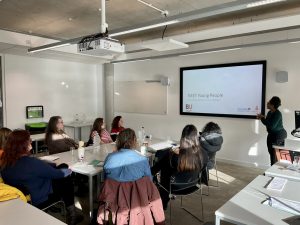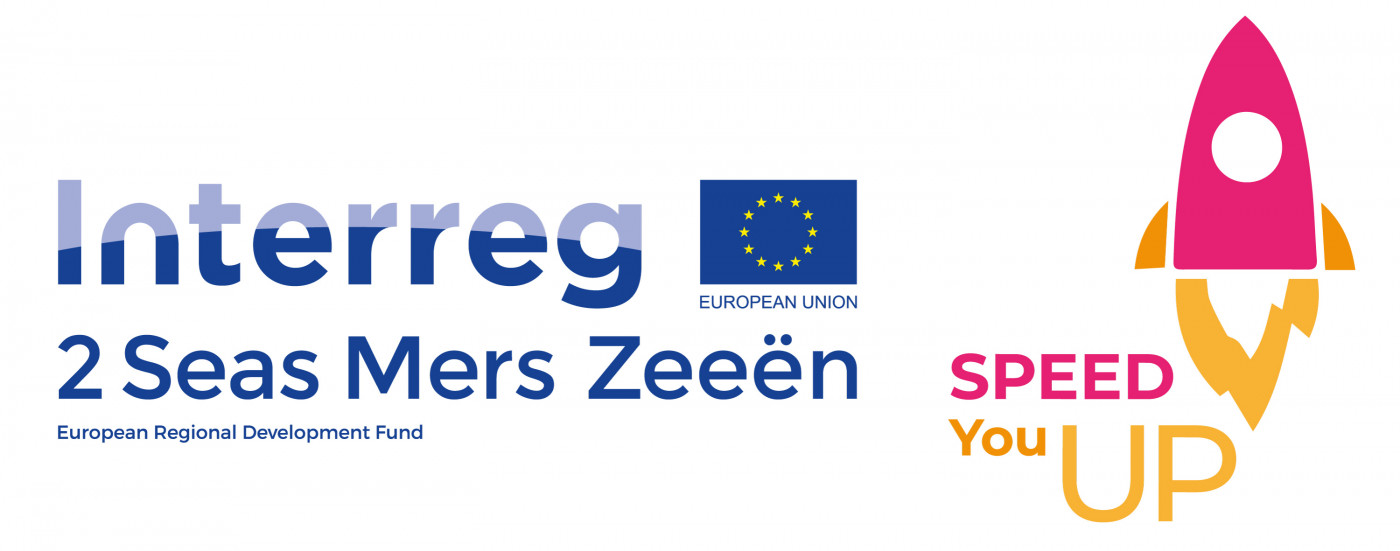Practitioners in the education, welfare and youth sectors possess invaluable and unparalleled experience. Still, they need to reinforce this with continuing professional development (CPD) involving specialised training courses to expand their knowledge and evaluate their practices.
The importance of CPD is linked to lifelong learning, which champions continuous learning for all, regardless of age or profession and beyond compulsory levels of education. Lifelong learning boosts well-being and confidence at work. However, it could be challenging to promote among individuals with a fixed mindset towards learning who perceive their abilities as unchangeable and are typically reluctant to embrace opportunities to upskill or tasks that require extra effort.
However, one’s mindset is not always the problem. Many adults cite excessive work demands as a barrier to professional development, implying that employers have a shared responsibility to create the time for employees to undertake CPD training.
According to the annual Adult Participation in Learning Survey in the UK, adult learning has increased post-pandemic, with fewer adults choosing to learn because it is a job requirement and more adults motivated to learn to improve their knowledge and skill. Results from the survey, however, indicate sub-regional differences in adult learning participation rates, with the highest percentage in London (56% in 2022) and the lowest percentages so far in the North East (37%) and South West (35%) of England.
Bridging the regional and adult skills gap requires investment in more CPD opportunities that are accessible, high-quality, and relevant, like the Coaching At-risk Young People CPD delivered by the SPEED-You-UP team at Bournemouth University.

Participants at the SPEED-You-UP Training Programme, Fusion Building, Talbot Campus.
SPEED-You-UP is a project aimed at improving the employability and entrepreneurship skills of young people in disadvantaged coastal communities across England, France, Belgium, and the Netherlands, through entrepreneurship education for young people at risk of early school leaving and those currently not in employment, education or training (NEET). The project tackles unemployment and economic inactivity among young people by considering individual-level factors like socioeconomic backgrounds, low motivation and confidence and structural-level constraints like inadequate investments in professional development for teachers and youth sector professionals.
On 22 November 2022 at Bournemouth University, Talbot Campus, practitioners from the welfare, business, and creative sectors engaged in three workshops on the following topics: The Value of Entrepreneurship Education for (at-risk) NEET Young people, Developing a Coaching Approach for Young People, and Stakeholder Management & Collaboration. The training programme was led by Dr Carly Stewart, Associate Professor, Head of Department for People and Organisations and Principal Investigator of the SPEED-You-UP project, Dr Esther Anwuzia, and Ms Preethi Rajaprakasam.
In meeting the accessibility criteria, the training programme was free and open to experienced and aspiring professionals. The sessions were also designed to be interactive and enlightening. On the one hand, it leveraged the unique experiences of participants by encouraging group discussions and, on the other, equipped participants with evidence-based knowledge and skills to work with vulnerable young people. In attendance were representatives from SWRAC, Young Enterprise, Dorset Growth Hub, West Howe Community Enterprises, and Bournemouth University’s Business Engagement and Knowledge Exchange Department. Entrepreneurs from the creative industry were also present.
Participants discussed the challenges of working with NEET young people, the causes of early school leaving, the benefits of coaching for young people, and stakeholder collaboration.
The key takeaways from the training were:
- For CPD to engender sustained engagement and impact, it must be relevant to the needs of practitioners.
- CPD can foster reciprocity between universities and non-academic stakeholders, enriching research and practice.
- Professionals in the youth sector are passionate about their work, and employers, universities, and the government should support their personal development to enhance their motivation and productivity.
- CPD opportunities are avenues for self-assessment, potential partnerships and connections.
- Adults can also be enthusiastic learners!
___________________________________________
Dr Esther Anwuzia, Postdoctoral Researcher, Entrepreneurship and Youth Employability, on behalf of the SPEED-You-UP team at Bournemouth University.
 What can be done for more at-risk young people to become entrepreneurs?
What can be done for more at-risk young people to become entrepreneurs? How farms can help improve the lives of disadvantaged young people
How farms can help improve the lives of disadvantaged young people










 REF Code of Practice consultation is open!
REF Code of Practice consultation is open! BU Leads AI-Driven Work Package in EU Horizon SUSHEAS Project
BU Leads AI-Driven Work Package in EU Horizon SUSHEAS Project Evidence Synthesis Centre open at Kathmandu University
Evidence Synthesis Centre open at Kathmandu University Expand Your Impact: Collaboration and Networking Workshops for Researchers
Expand Your Impact: Collaboration and Networking Workshops for Researchers ECR Funding Open Call: Research Culture & Community Grant – Apply now
ECR Funding Open Call: Research Culture & Community Grant – Apply now ECR Funding Open Call: Research Culture & Community Grant – Application Deadline Friday 12 December
ECR Funding Open Call: Research Culture & Community Grant – Application Deadline Friday 12 December MSCA Postdoctoral Fellowships 2025 Call
MSCA Postdoctoral Fellowships 2025 Call ERC Advanced Grant 2025 Webinar
ERC Advanced Grant 2025 Webinar Update on UKRO services
Update on UKRO services European research project exploring use of ‘virtual twins’ to better manage metabolic associated fatty liver disease
European research project exploring use of ‘virtual twins’ to better manage metabolic associated fatty liver disease